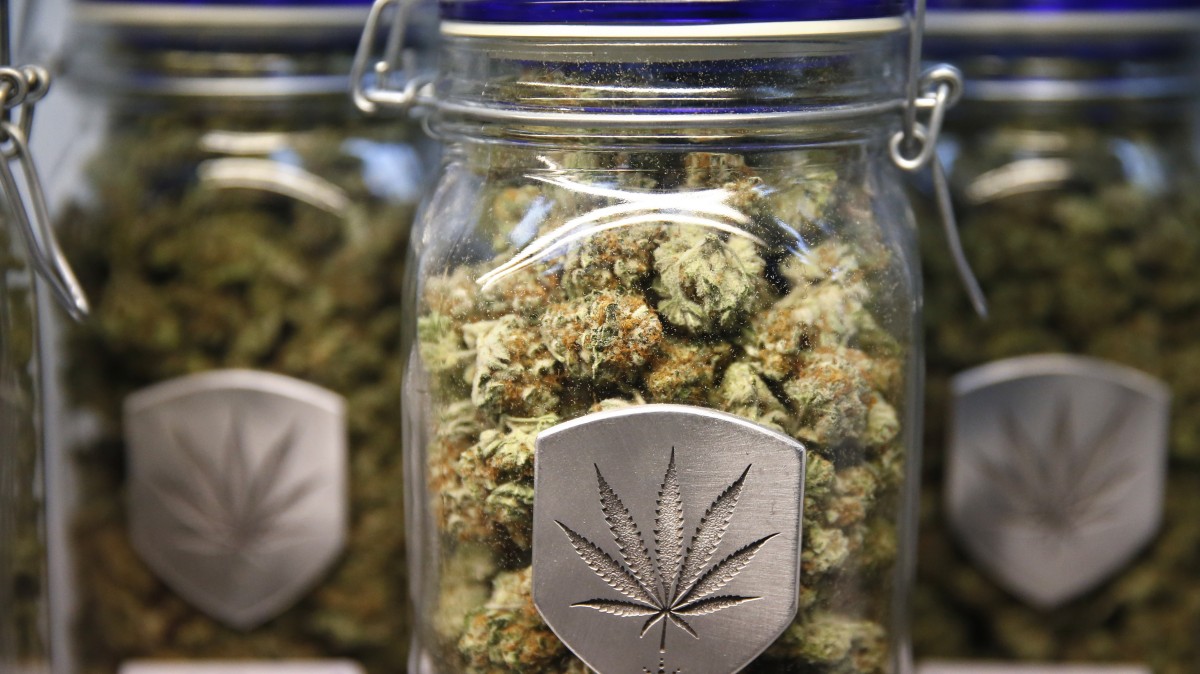
In what could only be described as a desperate smear campaign evidencing the last vestiges of propaganda from the failed war on drugs, corporate media warped the findings of a study about cannabis-related car crashes to the point of being unrecognizable.
On Tuesday, AAA’s safety foundation released a report concerning cannabis impairment and driving, which proved blood testing drivers for THC holds no scientific validity and should be abandoned. But a second part of the report found that — strictly statistically speaking — car crashes involving drivers who had consumed cannabis were on the rise.
In fact, the number of people involved in fatal crashes who tested positive for cannabis did rise — a statistical doubling — but several caveats that should have also been reported by the mainstream press were flatly ignored.
First, and of no small importance, cannabis isn’t even close to the leading cause of fatal crashes. In fact, when it comes to deadly accidents where the driver tested positive for cannabis, “most” had also consumed alcohol or other drugs.
According to the Washington Traffic Safety Commission, of 592 drivers involved in fatal crashes in 2013, 38 tested positive for cannabis. In the following year, of 619 deadly crashes, the number testing positive for cannabis jumped to 75. However, as Staci Hoff, Research Director for WTSC,explained:
“Most of these drivers, these 75 drivers, also had alcohol or other drugs” in their systems. Over a five-year period, just 1.8 percent of fatal crashes involved drivers who tested positive only for cannabis.
“So, in our study, we looked at all five years of date, 2010 to 2014,” Hoff continued, “and there were never 3,000 drivers involved in these fatal crashes during that time period. Only 56 of them had THC and only THC, nothing else.”
WTSC is indeed concerned about drivers who consume cannabis — when they also consume alcohol. So though the number of fatal cannabis-involved deadly accidents did, indeed, double, the number represents a tiny proportion of the total and most of those drivers had consumed other substances.
“There’s still a lot of work to do to figure out the impact of marijuana as a substance alone,” Hoff added, “but what I can say is that the combo of alcohol and marijuana is a scary concept we are seeing; it’s where our largest concern lays right now.”
But if you rely on corporate media for information about the same report, your perception of cannabis-related traffic fatalities would be entirely different.
CBS News’ national report on this same information proves how the misrepresentation of data can irresponsibly warp facts to bordering on outright misinformation — Report: Fatal marijuana-related crashes up where drug is legal. Though the headline could easily be redeemed through accurate information, the CBS article immediately capitalizes on people’s worst fears by beginning with an anecdotal account of a fatal accident involving a cannabis-impaired driver.
At a time when policy-makers and the American public consider ending cannabis prohibition— a massively-failed policy whose biggest benefactor has arguably been the for-profit prisonindustry — such feckless reporting reduces the opportunity for worthy debate on the subject.
CBS not only failed to mention how statistically minuscule the doubling of cannabis-related fatal crashes actually was, it also inexplicably — and inexcusably — left out that most of those drivers had consumed other substances. Worst of all, the CBS News article ends with the factual statement, “More than a dozen states are considering legalizing marijuana” — implying to readers, ‘look out, if you don’t stop this legislation, wantonly reckless weed-smoking drivers will be coming to your city.’
Of course, this simply isn’t the case, and the study the article was supposedly reporting about proves that — but CBS News’ audience would never know that if they were relying on the single source. And that is what makes propaganda so effective — its ability to distort facts to stoke baseless fear for other ends. Fortunately, such capricious and questionable media tactics are being exposed as more people turn to independent sources for good information otherwise obscured from public discussion.
Claire Bernish writes for TheFreeThoughtProject.com, where this article first appeared.

